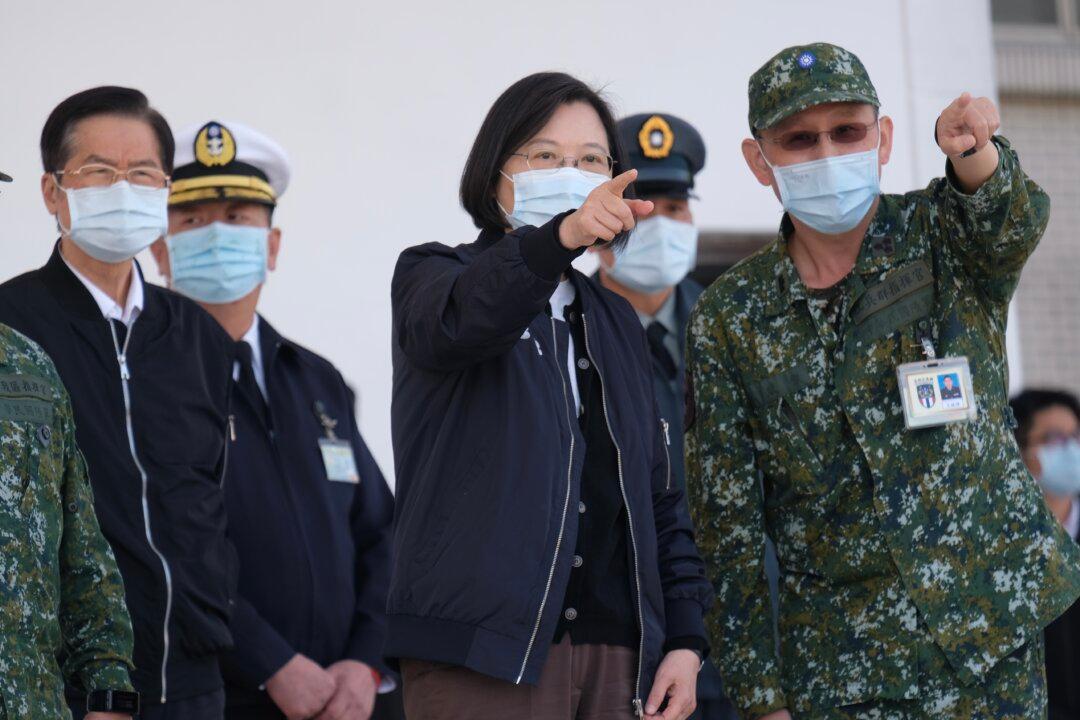Commentary
The international community seems to re-embrace democratic Taiwan, while distancing from communist China, in the context of 50 years after the former was expelled from the United Nations and its seat was given to the latter.

The international community seems to re-embrace democratic Taiwan, while distancing from communist China, in the context of 50 years after the former was expelled from the United Nations and its seat was given to the latter.